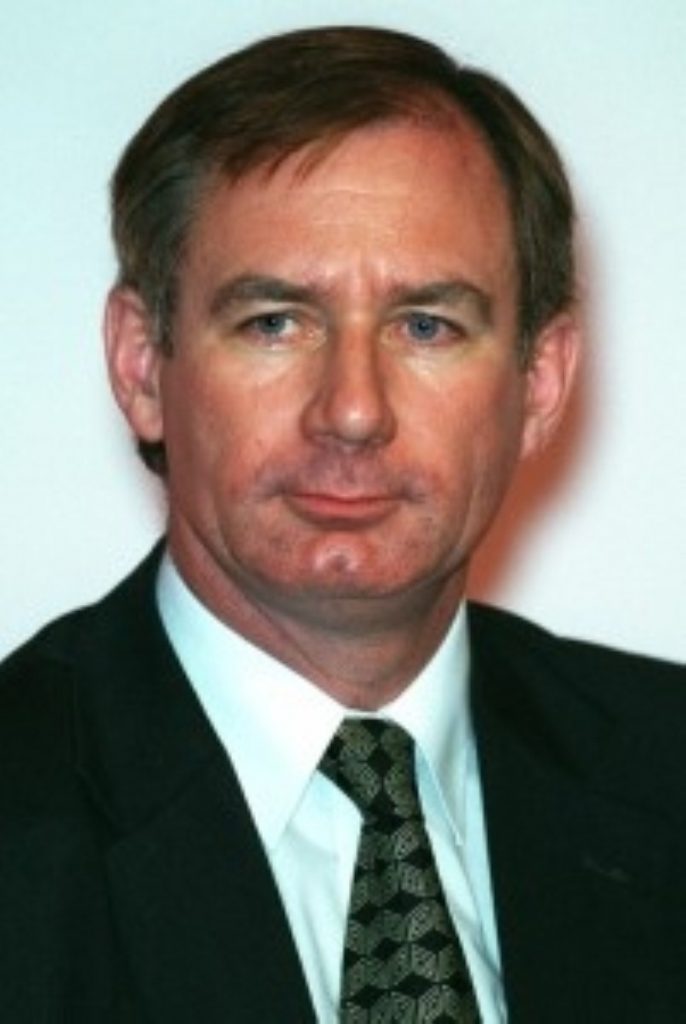Iraq debate exposes Labour Party split
A tense debate on Iraq took place on Wednesday afternoon at the Labour Party’s annual conference.
Defence Secretary Geoff Hoon appealed to delegates in Bournemouth to bring divisions within the party over war to an end.
He insisted that the continued presence of coalition troops in Iraq was essential, in order to deliver ‘everyday necessities’ to the Iraqi people and insisted that real progress was being made to rebuild the country’s infrastructure.
‘Whatever differences exist on the question of military intervention. Now is the time to agreed on a shared vision of the future of Iraq,’ Mr Hoon declared.


However, other speakers at the debate were less supportive of the case for military action. Some accused the Prime Minister of ‘lying’ about the case for war.
Halifax MP Alice Mahon questioned the rationale put forward by the Government for going to war and said: ‘The truth about this is that our prime minister promised President Bush that he would support his war for oil.’
RMT delegate Mick Hogg complained that it was ‘a tragedy and a shame’ that his union’s motion for a vote on the war in Iraq had been defeated.
Some delegates supported the Government’s stance, insisting that getting rid of the dictator’s regime had been important, both for international security and for the people of Iraq.
Afghan President Hamid Kharzai spoke at the conference, giving a powerful speech about the changes that had taken place in Afghanistan since the fall of the Taleban.
He said that it was a ‘tremendous honour’ to be invited to attend and explained that Afghanistan is now attempting to return to normality, with a free press, children attending school and is rebuilding its national institutions – the army, the police, the rule of law.
However, he warned that ‘terrorism and extremism still challenge our lives’.
He told the Labour conference in Bournemouth, ‘I supported the operation in Iraq. My Government supported the operation in Iraq’ and concluded, ‘I wish all the best for my brothers and sisters in Iraq’.
Ann Clwyd, Mr Blair’s human rights envoy for Iraq, won a standing ovation as she told delegates, ‘In June this year I stood on the edge of Saddam’s killing fields, I saw the skeletons of men, women and children being dug up.
‘I do not believe, and neither do you, we should turn a blind eye to such atrocities.’
The Defence Secretary has been particularly badly hit by the fallout of the Dr Kelly affair and the failure of the coalition to locate any of Saddam’s supposed weapons of mass destruction.
The Government will face a test of loyalty when party members vote on Labour’s foreign policy later.
Mr Blair argued earlier that it was right to take a stance against so-called ‘rogue’ states and that there would now be no dialogue with North Korea and Iran over banned weapons if the decision to invade Iraq had not been taken.

